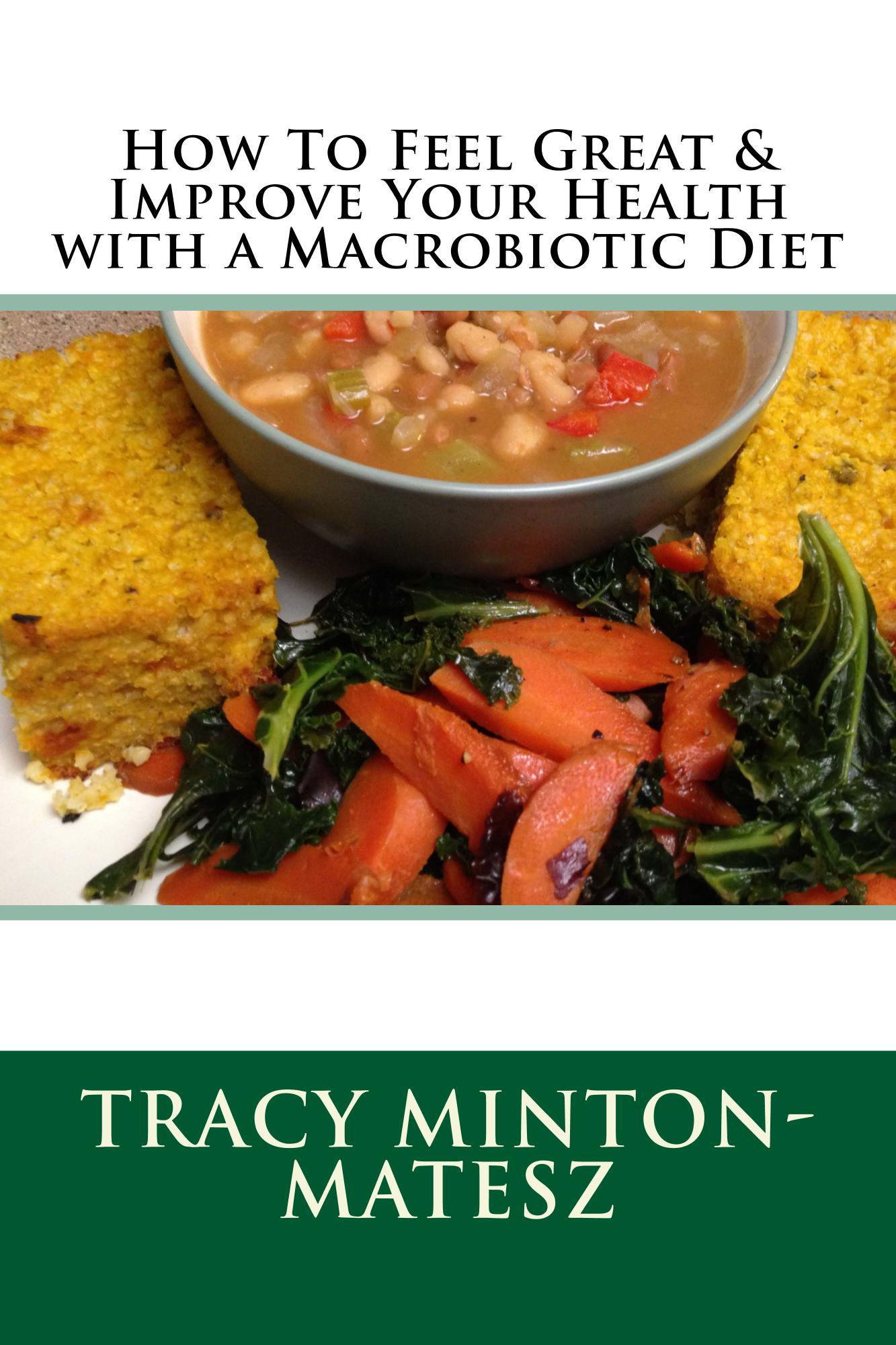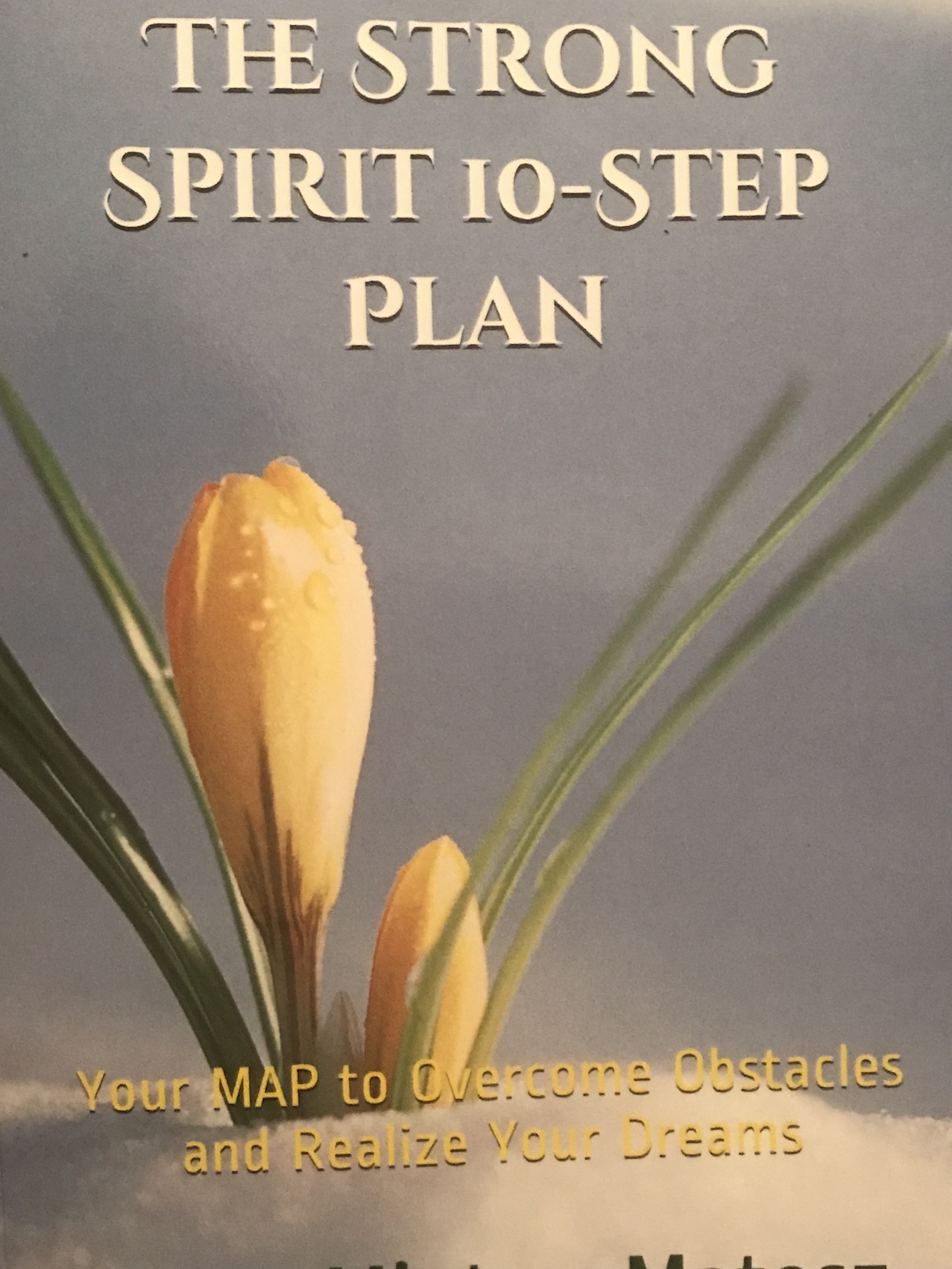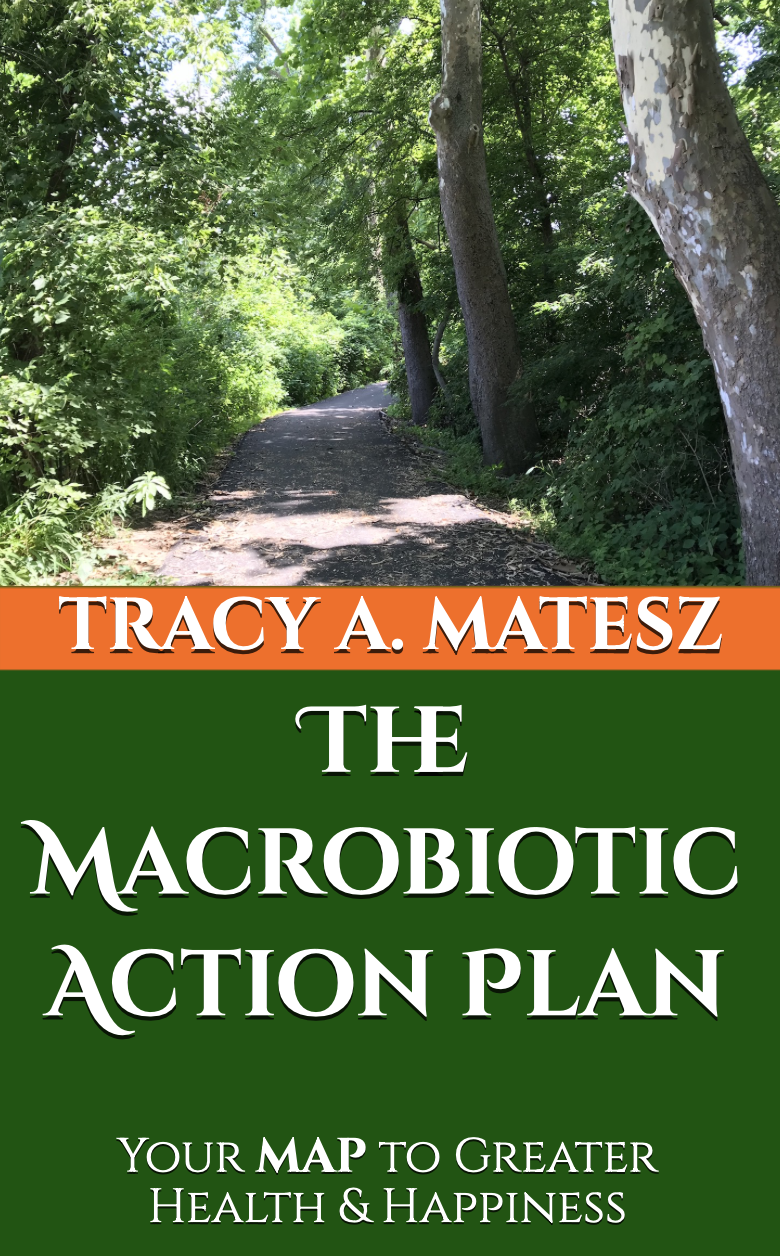Defining A Highly Sensitive Person
Are you a Highly Sensitive Person (HSP)? Have you often been told especially as a child growing up, “You’re too sensitive!" (Or, "too intense?") Do you feel easily over aroused, especially in busy, chaotic environments, and find yourself needing to withdraw to cope with feeling frazzled? Do you fumble when someone is watching you do something you otherwise are good at doing?
Do you also feel affected by the moods of others? Are you uncomfortable in crowds, or feel overly sensitive to loud noises and/or bright lights? Are you sensitive to caffeine?
Despite possibly being more easily overwhelmed relative to others around you, do you simultaneously feel deeply moved by the arts, or certain types of music; or have a rich, complex inner life?
If any one or more of these apply very strongly for you, you may be among the roughly 20% of the population that is considered a highly sensitive person.
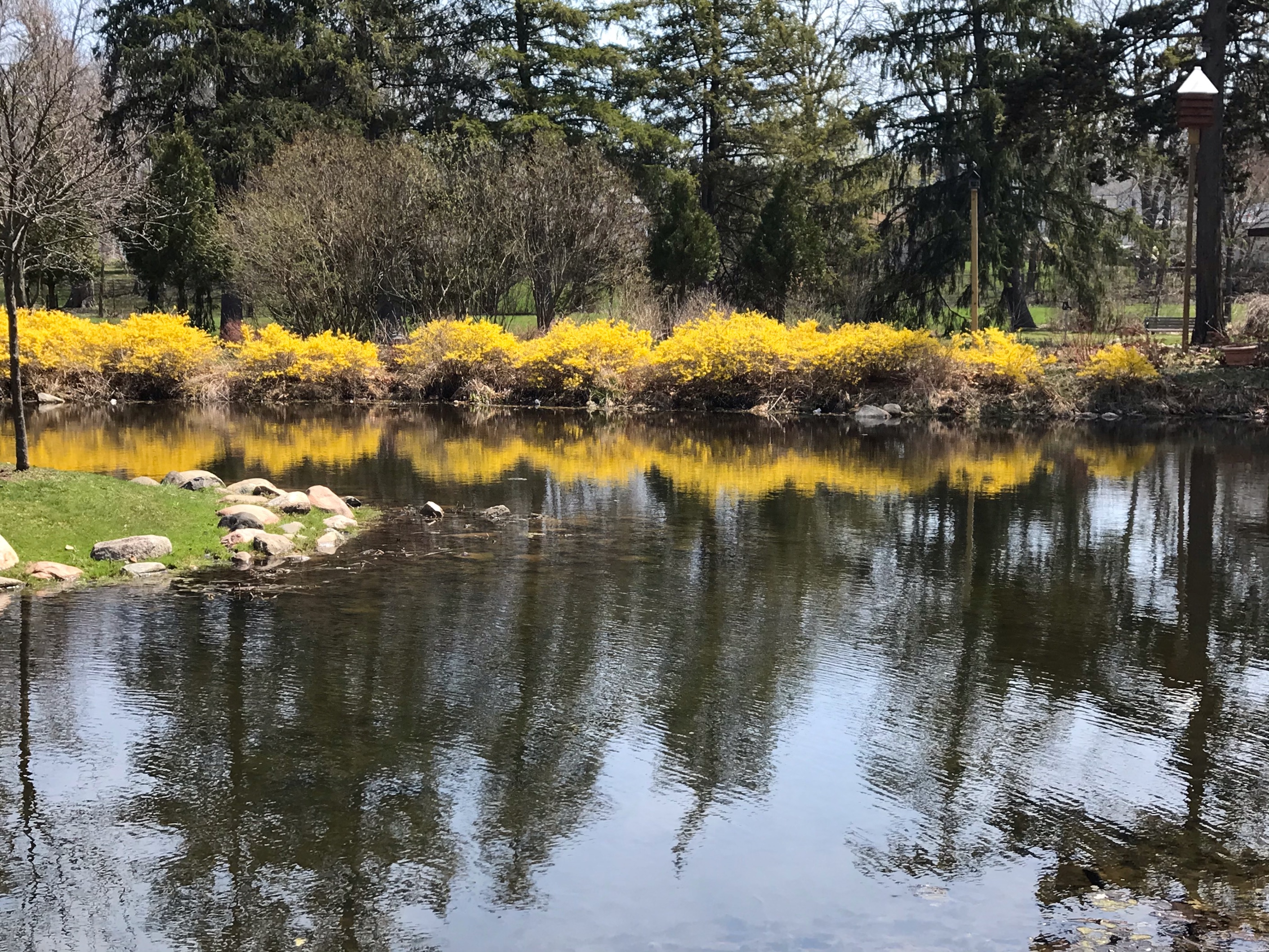
What it Means to Be an Highly Sensitive Person
Elaine Aron, Ph.D., author of “The Highly Sensitive Person”, and “The Highly Sensitive Child” began researching what scientists officially call ‘Sensory Processing Sensitivity’ (SPS) in 1991 and has since compiled her research in these and other books helping millions worldwide understand what it means to grow up as a highly sensitive person (HSP) in a predominantly non-sensitive world.
High Sensitivity Versus Empathy
Prior to her ground breaking books, the common traits of sensitivity were mislabeled as being shy, introverted, fearful or even neurotic. In fact, shyness is a learned trait, whereas having SPS is innate. It refers to the manner in which a highly sensitive person processes stimuli from their environment. HSPs sense, see and feel everything more deeply than the average person. This is a direct effect of the nervous system. As a result of this over processing, HSP’s are quicker to feel over aroused. This over arousal can make a person who is unaware of having this as an innate trait feel overly anxious, or even insecure, compared to others who appear less bothered by the same triggers affecting them.
Unfortunately, being labeled a 'highly sensitive person' can imply that others are insensitive, which, of course, is not the case. Having sensitivity or an awareness towards the needs of others relates to being able to put oneself in another's shoes, and having empathy. Having empathy should be our natural state as human beings.
According to Psychology Today, "Empathy is the ability to recognize, understand, and share the thoughts and feelings of another person, animal, or fictional character....It involves experiencing another person's point of view, rather than just one's own."
From my understanding, being an highly sensitive person characterizes a pattern of response to external stimuli. As an HSP, I see it as a particular neural wiring. It's pretty difficult to change, as it's an innate trait, according to Aron's research. It's more about learning how to manage the responses, by managing one's health, home and work environments, and lifestyle.
On the other hand, having empathy is defined by one's ability to sense the needs or feelings of another by imagining sensing or feeling it within themselves. It's how we relate to others.
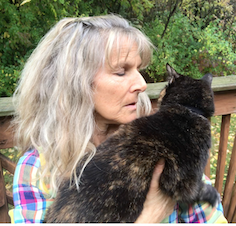 My sweet Jasper in her last days
My sweet Jasper in her last days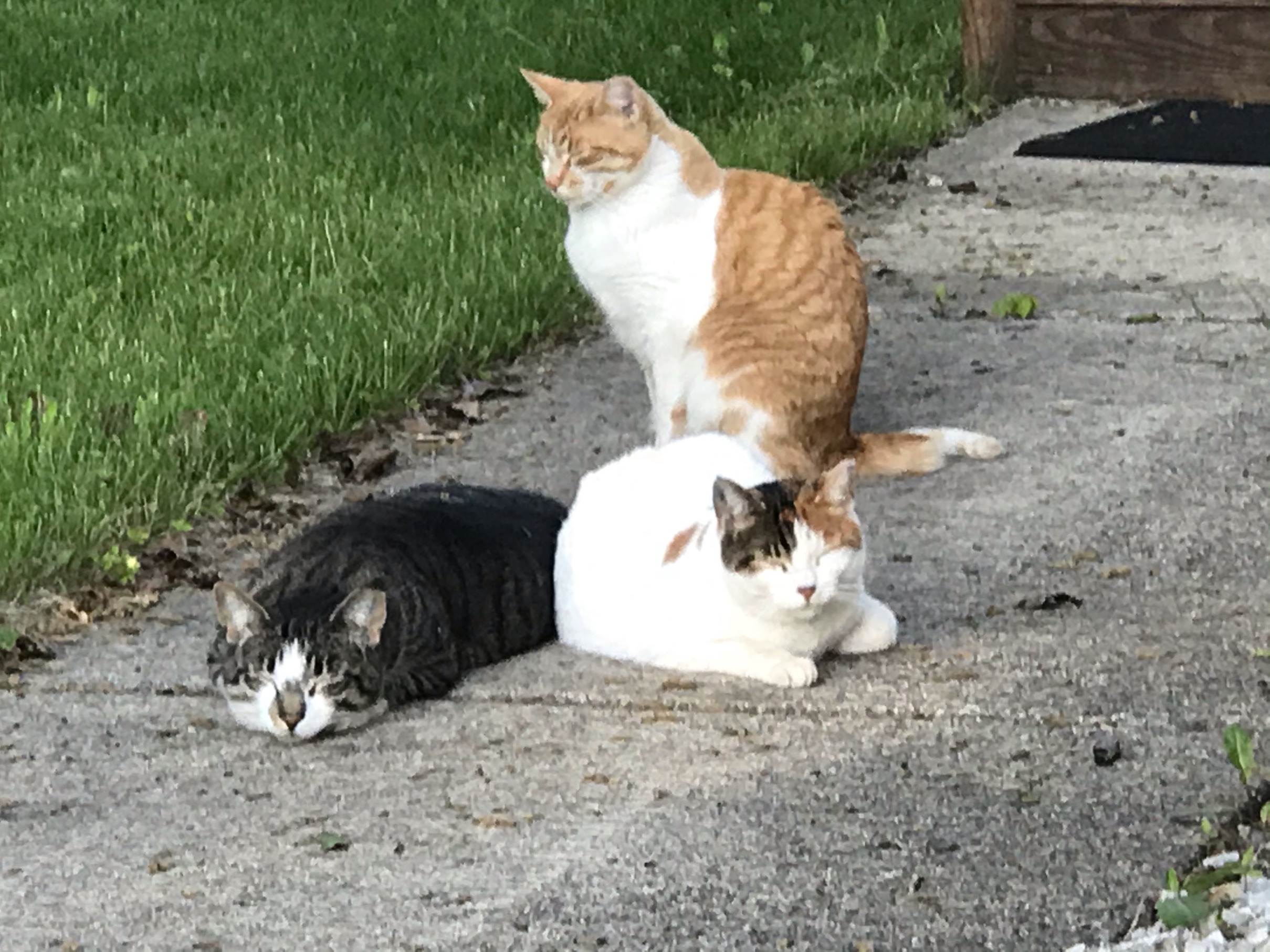 A family of cats recently abandoned when one of the owner's passed; Momma and her offspring
A family of cats recently abandoned when one of the owner's passed; Momma and her offspring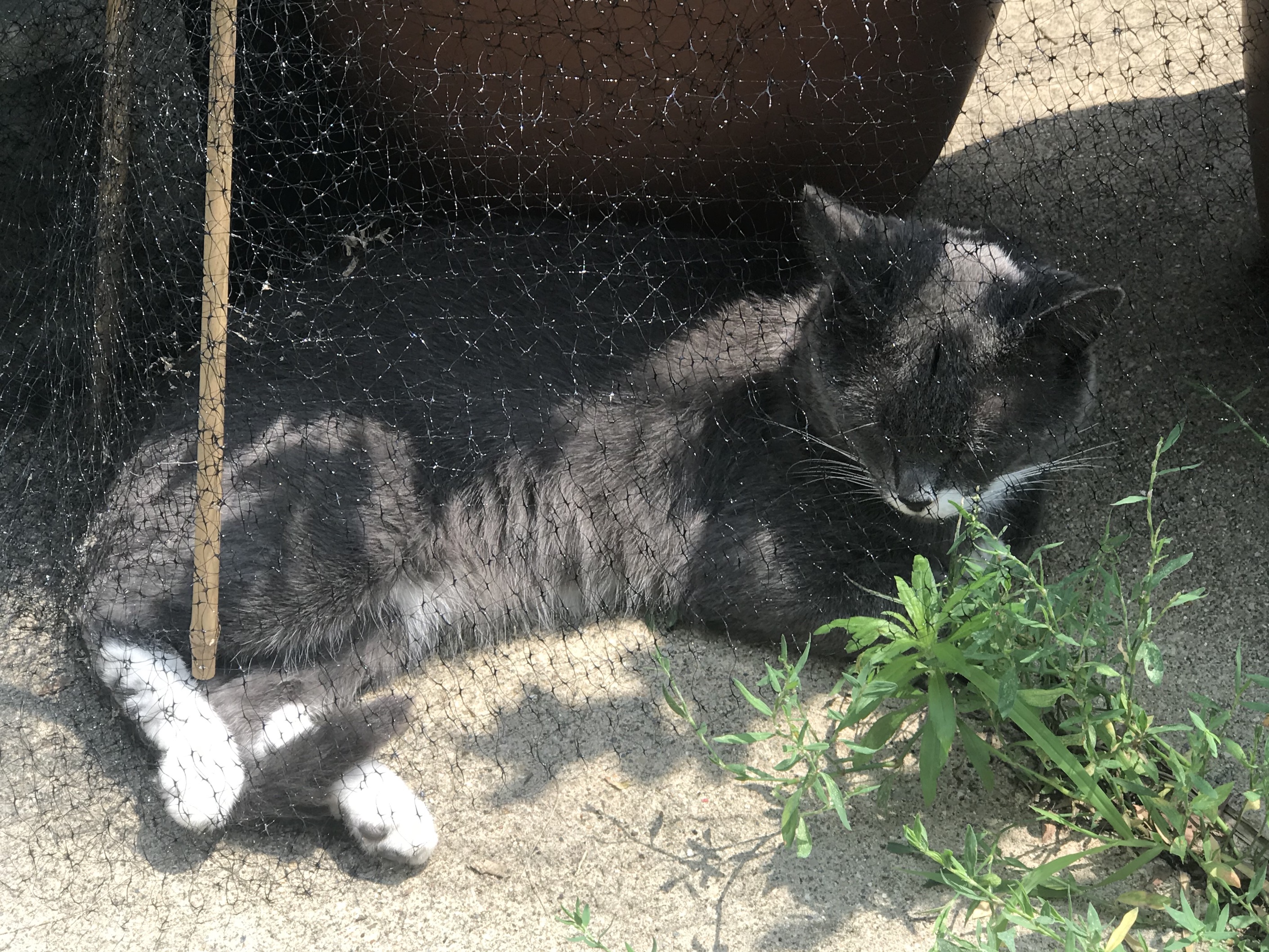 Another stray cat we've been sheltering, Mister Gray finding his safe place under the mesh covering of our blueberry plant
Another stray cat we've been sheltering, Mister Gray finding his safe place under the mesh covering of our blueberry plantInterestingly, the high sensitivity trait is found in almost all animal species, from fruit flies and fish, to cats, dogs, and horses at the same 15-20% rate of population, according to Aron. (Anyone ever have a highly sensitive cat or dog companion?)
Challenges for an highly sensitive person are (much) greater in Western cultures that value traits such as aggressiveness, competition and being very outgoing. Contrarily, in Asian countries, those considered to be shy are more popular.
In our culture, being an HSP can feel a lot like being a stranger in a strange land, with no real solace or understanding from the bulk of the population. (Can you relate? I certainly felt this way much of my life!) Yet, being an highly sensitive person has its gifts that come with its unique set of challenges.
Any species that did not have some percentage of its population as sensitive could lead to serious imbalances. If likening this to Yin Yang Theory in Traditional Chinese Medicine, both are important to keep each other in balance. Too much yang aggression or competitiveness would be akin to going back to the dark ages. Too much yin sensitivity could leave a country without defenses. The warriors or leaders need their wise counsel as counterparts for effective leadership.
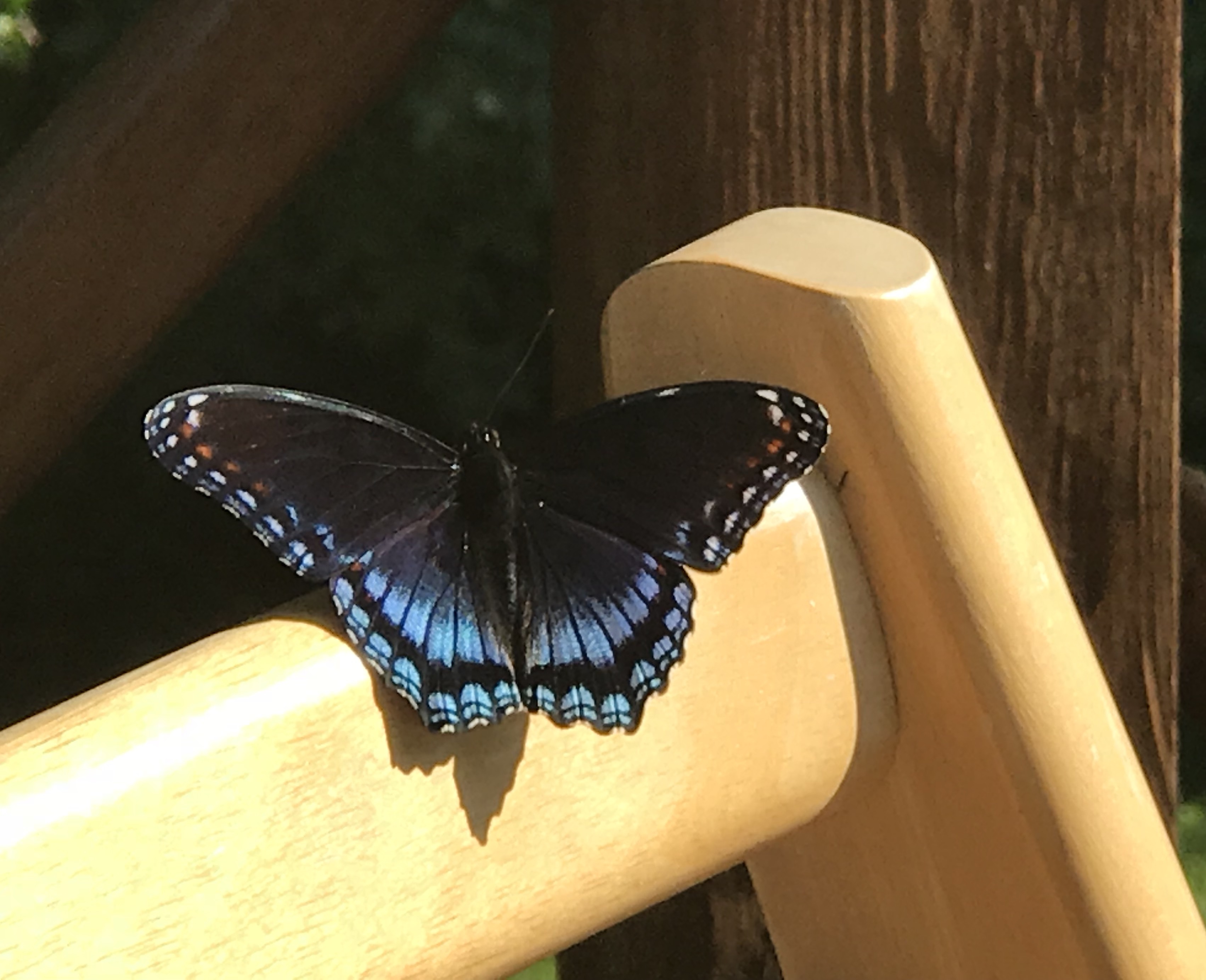
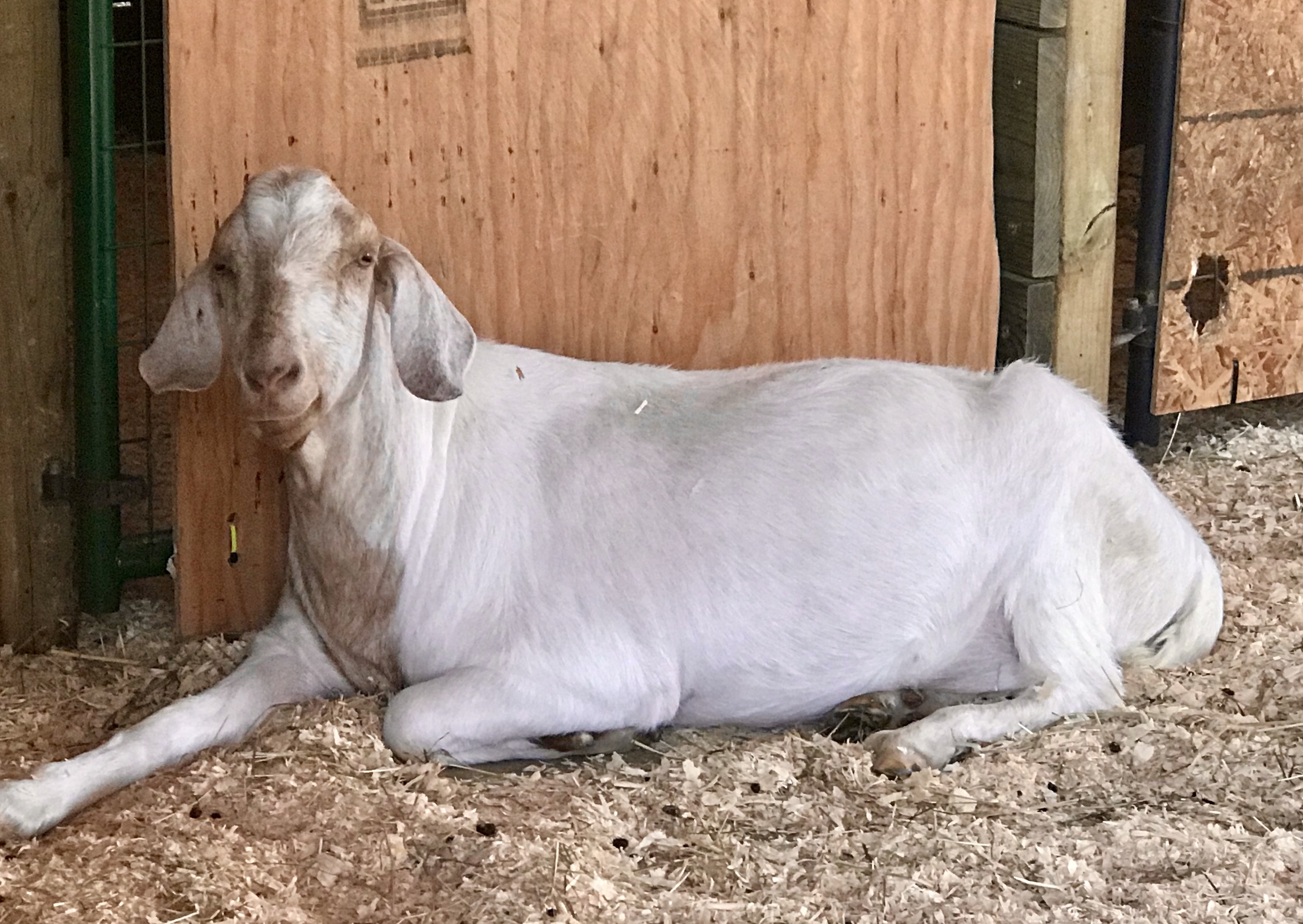
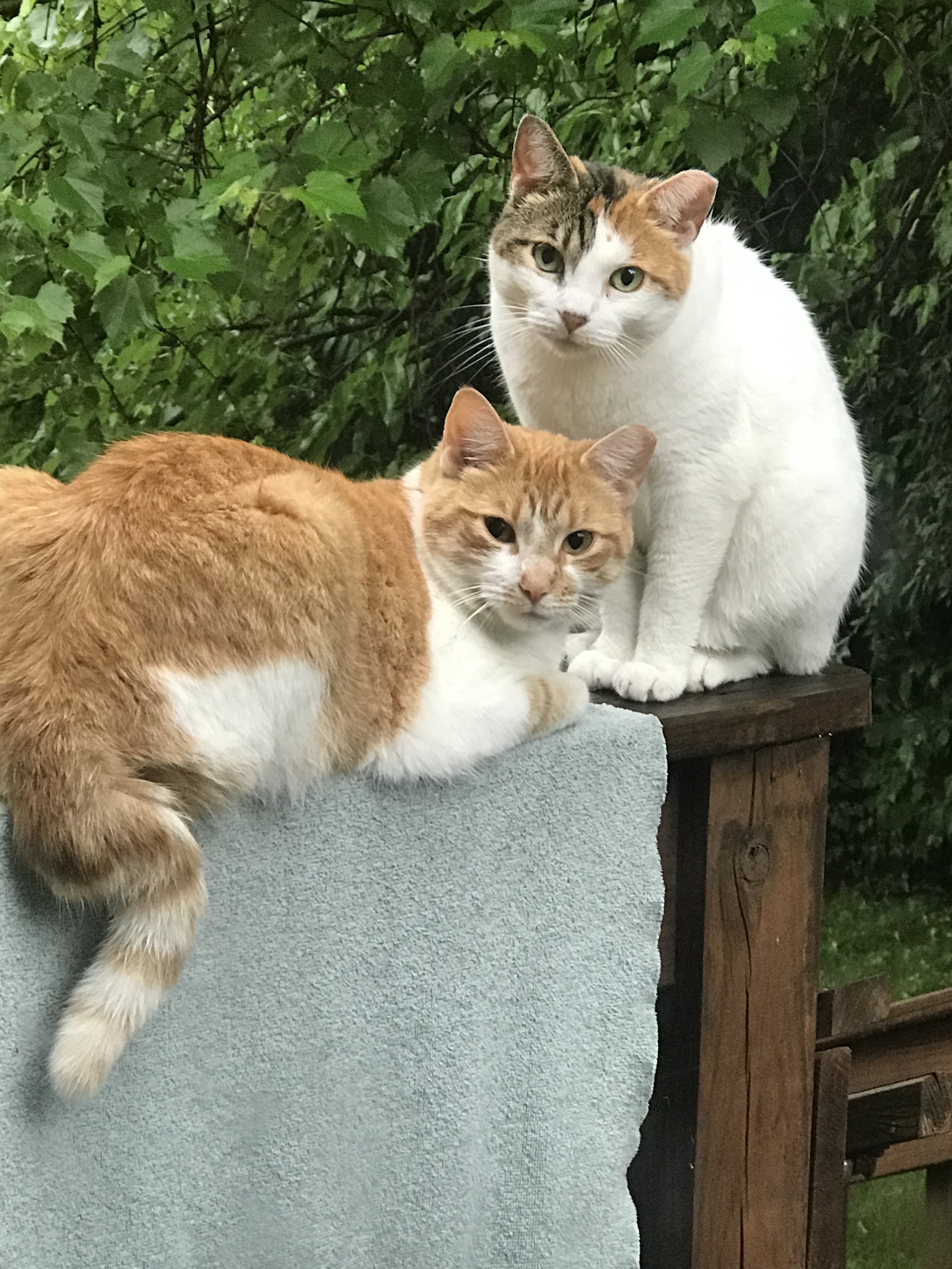
Unique Gifts of HSPs
So what are the unique gifts, and what are some strategies for coping if you are an HSP?
HSP’s are very conscientious; feeling the moods and pain or discomfort of others, they quickly and easily set about whatever may be needed to improve a situation. This is where the boundary between being an highly sensitive person and having a high degree of empathy may get a little blurred, as HSPs tend to be very empathic.
Many are gifted in the arts, healing professions, or many tasks requiring a lot of attention to detail. They work well alone, but can also be perfectionists. They are more keenly aware of subtleties in their environment, which can be not only useful, but lifesaving.
Learning To Cope as an Highly Sensitive Person
One key to coping as an HSP is understanding that everyone needs a certain level of arousal, or external stimulation. Neither too much, nor too little is good. Highly Sensitive Person's will need to determine the right amount of external stimulation is appropriate, without doing too much that their nerves get frayed.
HSP’s tend to have a lower limit then non-HSP’s, and therefore want to do all they can to create appropriate work and home environments, and sustainable habits and routines. Being in routines in general can be very helpful self-care.
Tedd Zeff author of “The Highly Sensitive Person Survival Guide” and its companion workbook offers many suggestions for daily routines and meditations that can help HSP’s cope in an increasingly over stimulating world.
In his follow up book to Elaine Aron’s, The Highly Sensitive Person, Zeff includes having a morning and an evening routine as important regimens, along with appropriate diet for maintaining health.
His book was of great help to me when I first came across it, a couple decades ago.
My Suggestions for Highly Sensitive People
Years back, when I first stumbled upon Elaine Aron's first book, The Highly Sensitive Person, I felt like I was finally 'understood.' So many quirks of mine suddenly made sense. Hers and Zeff's, The Highly Sensitive Person Survival Guide (both linked above) were like my Bibles ~ in addition to The Introvert Advantage, by Marti Olsen Laney, Psy.D.
As a practitioner of Reiki / Energy Healing, I could immediately sense when someone was an highly sensitive person, without their awareness. My copies of the above mentioned books have been widely circulated!
I began to realize that HSPs are especially responsive to the more natural, subtle energy healing approaches, including Reiki, Acupuncture, and Hypnotherapy, which I wrote about in my article about Energy Healing.
Following is a brief list of suggestions I have found helpful coping strategies for highly sensitive persons.

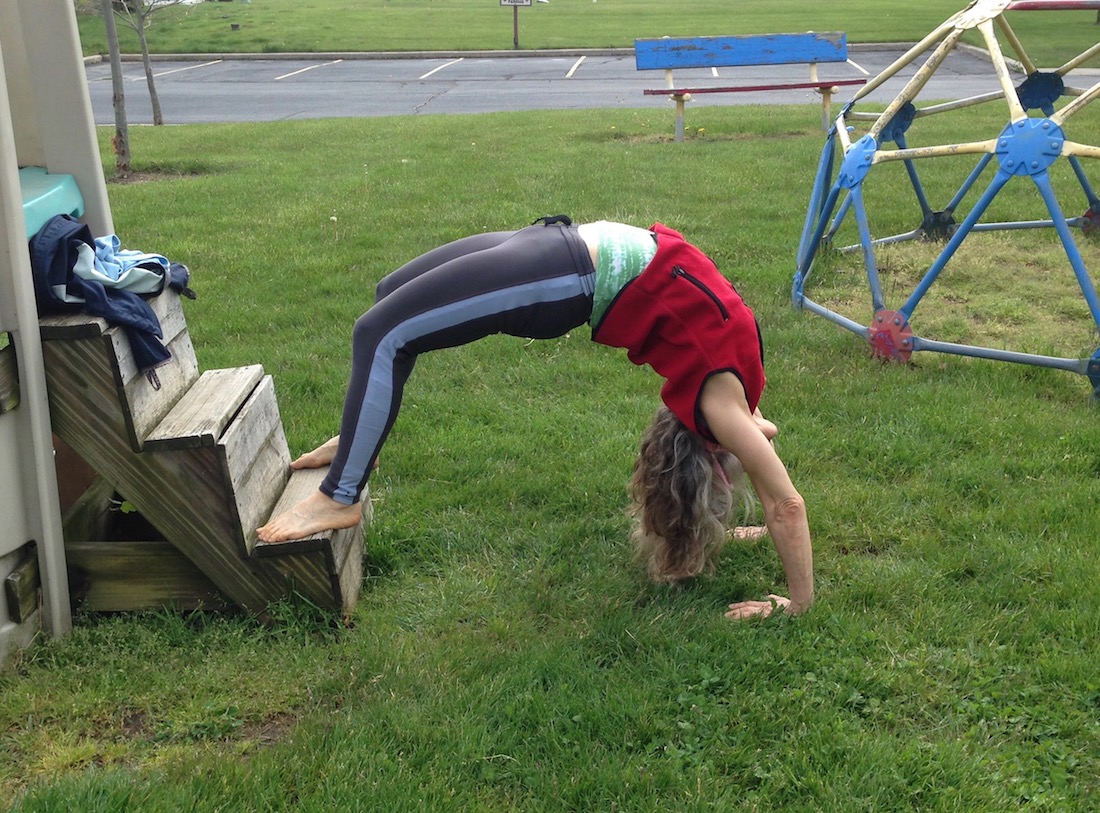
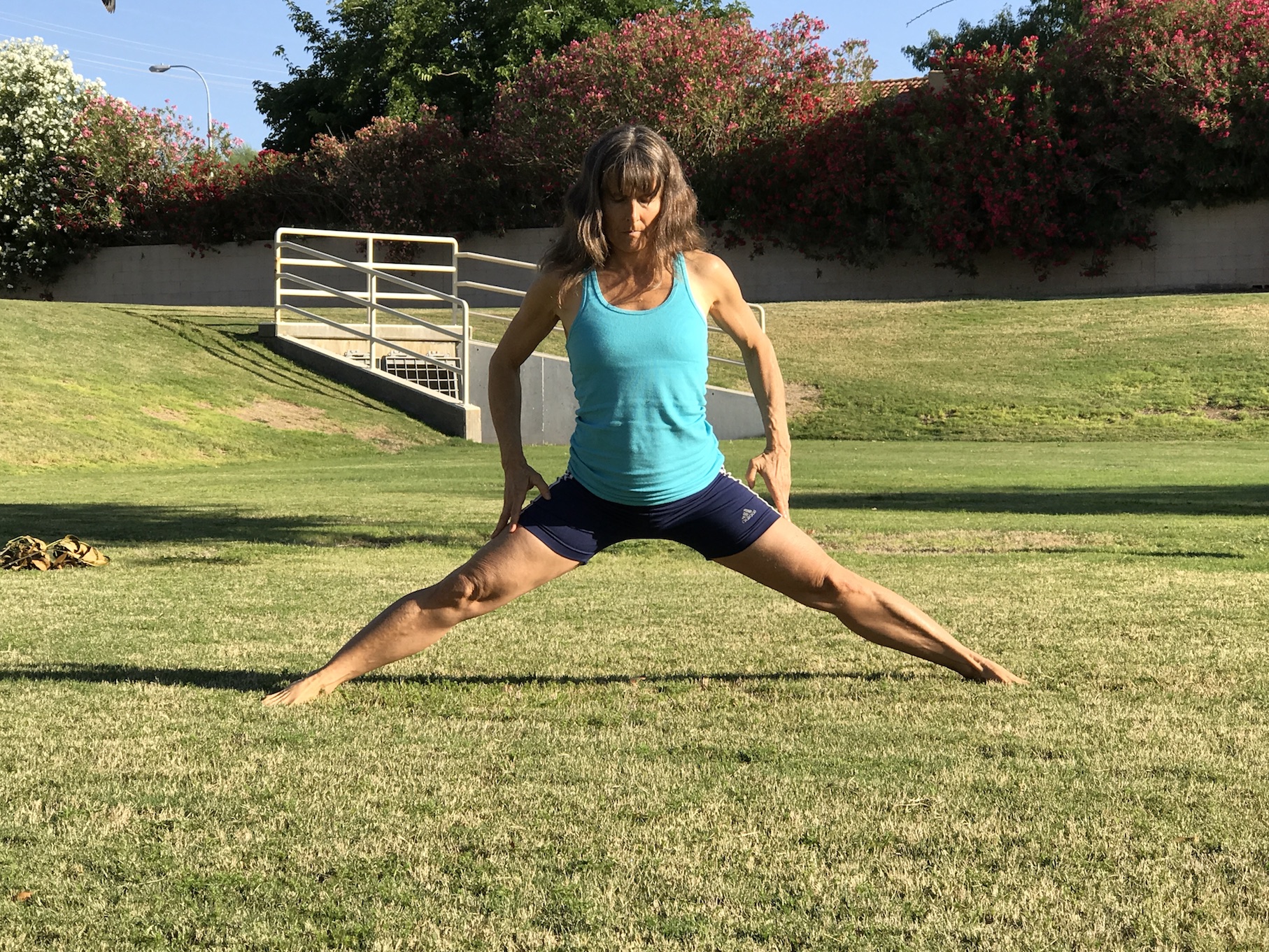
|
|
As a side note, silent meditation helps us to observe our busy mind, without engaging, nor judging. Simply notice when the mind is busy 'thinking' then let it be. Meditation isn't about 'stopping' all thoughts, as they will arise. It's about showing up. Taking time to be present to your own Self.
Learning to disbelieve our thoughts is a life practice, and one that can help HSPs who tend to imagine 'worst case scenarios,' or who have a habit of projecting what they believe another person may be thinking. You may enjoy reading Don's article, You Are Not Your Thoughts to learn more.
Each of Elaine Aron's books on Highly Sensitive People includes a quick 'test' to determine if you are an HSP. You can also find it at hsperson.com, or click here for the self-test.
Return to Home Page
Learn more about Energy Healing, and Reiki
